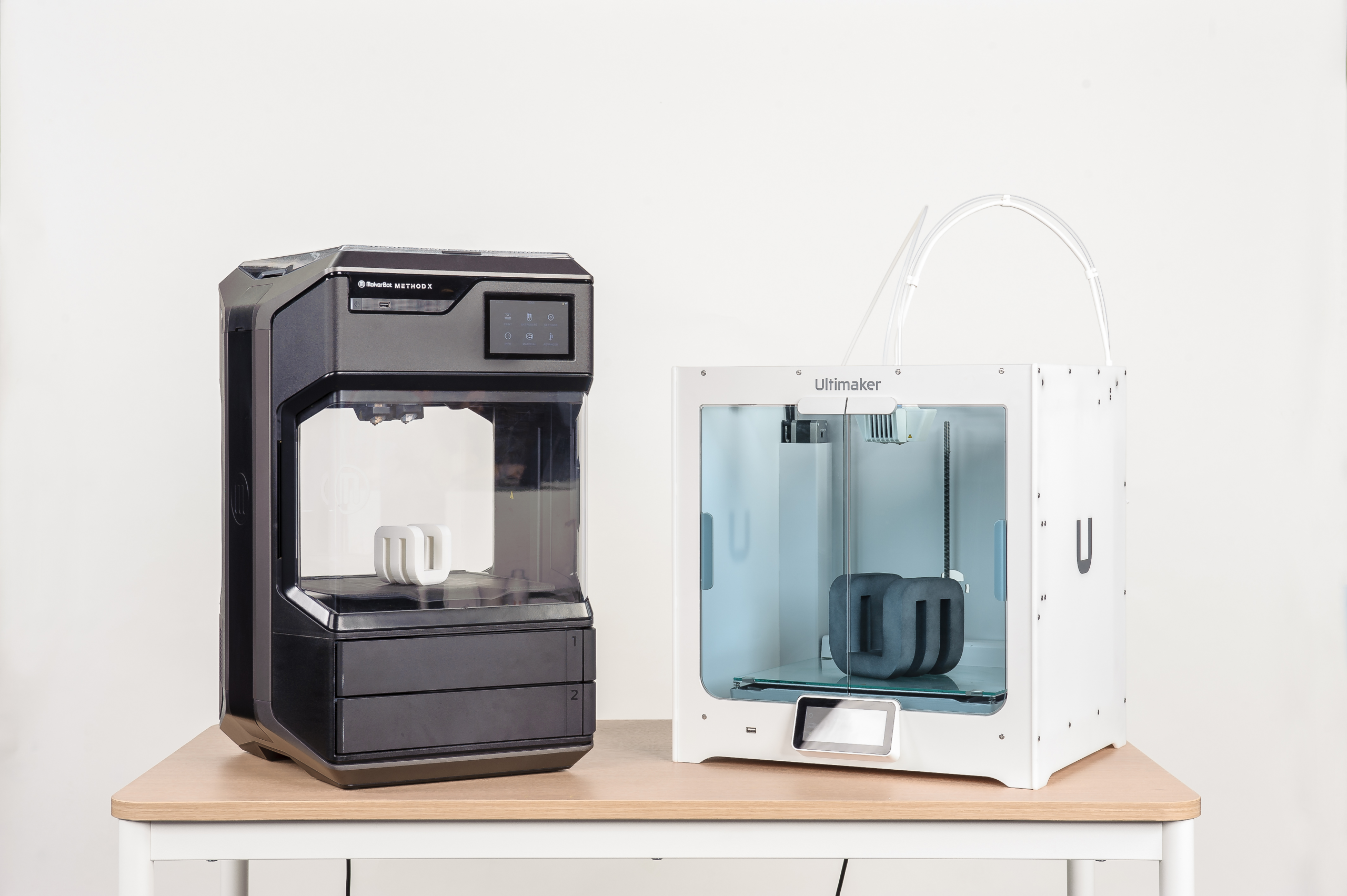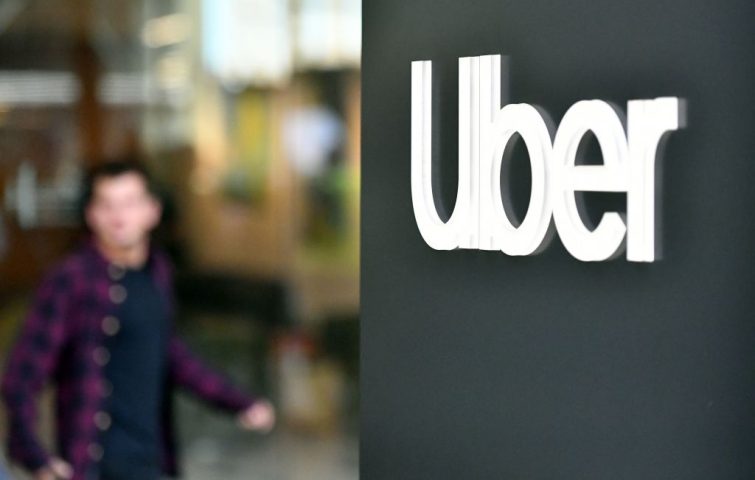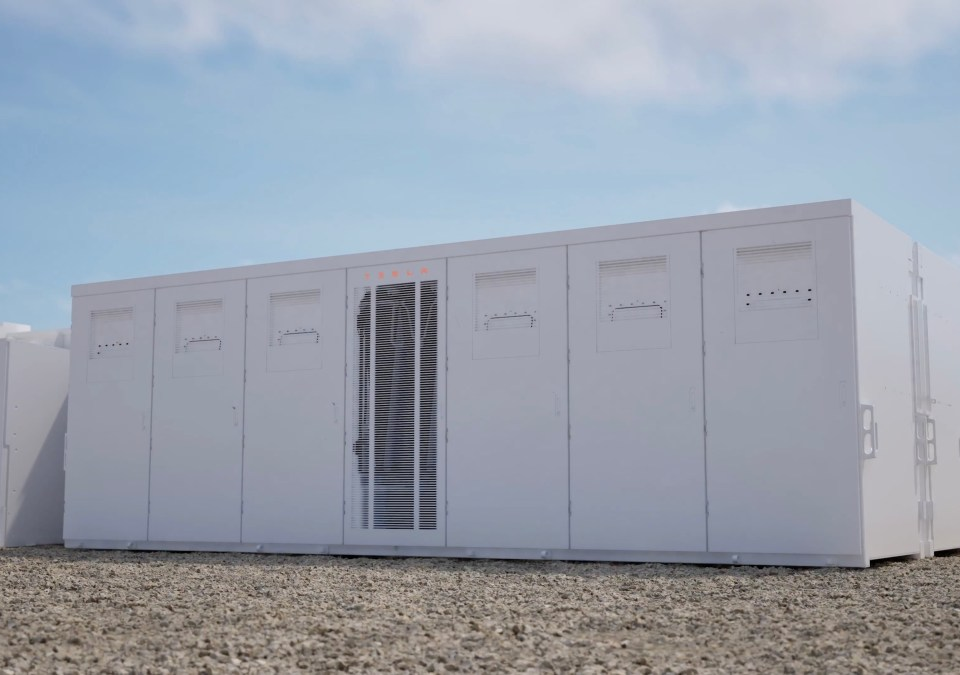
As 3D printing merger closes, MakerBot CEO steps up and Ultimaker CEO steps down
September 18, 2022
Drivers sue Tesla for alleged false advertising of Autopilot and FSD software
September 19, 2022
Hello, friends! Welcome back to Week in Review, the newsletter where we quickly sum up the most read TechCrunch stories from the last sevenish days. The goal? Even if you’ve had a busy week, a quick skim of WiR should keep you in the (tech) loop.
Want it in your inbox every Saturday? Sign up here.
This week was a bit all over the place, with another big story breaking every couple hours. Let’s just drop right in, shall we?
most read
- Cutbacks at Area 120: Area 120 is Google’s in-house incubator, meant to let Googlers with potentially big ideas tap the mega company’s resources to turn said ideas into something real. This week, however, Google confirmed that it’s slashing half of the Area 120 projects currently in development, with the incubator “shifting its focus” to AI projects. Impacted employees are being given until early 2023 to find a new job within Google.
- Adobe buys Figma: In one of the biggest tech acquisitions of all time, Adobe announced this week its intent to buy the collaborative/web-based design tool Figma for a whopping $20 billion. Figma saw ridiculous growth throughout the pandemic, as many, many tech teams went remote and adjusted their workflows accordingly. Even for a company as big as Adobe, winning that part of the workflow back would’ve been tough.
- Layoffs at Twilio: Twilio confirmed this week that it’ll lay off roughly 11% of its workforce — somewhere between 800 and 900 people — as the company focuses on reaching profitability in 2023.
- iOS 16 goes live: As expected, iOS 16 rolled out to Apple devices this week. Want our thoughts on it? Find Romain’s review here. Want to know all of the not-so-obvious new features hiding within the update? Check out Ivan’s list. Most of our readers seem to be looking for interesting ways to use those new Lock Screen widgets.
- South Korea issues an arrest warrant for Terraform Labs’ founder: “A court in South Korea has issued an arrest warrant for Do Kwon, the founder of Terraform Labs,” writes Manish, “escalating its probe into the crypto ecosystem whose two tokens lost $40 billion in value in a span of days earlier this year.”
- Uber hack: Late Thursday night, Uber confirmed that it’s “responding to a cybersecurity incident” after a hacker seemingly breached the company’s internal network, with the hacker reportedly announcing their presence (and protesting how Uber pays its drivers) right within Uber’s Slack.
audio roundup
If you like TechCrunch for your eyes, check out TechCrunch for your ears. This week in TechCrunch podcast land, the Equity team talked about how Y Combinator has evolved in recent years, the Chain Reaction crew “dug into the institutional embrace of blockchains by stodgy financial powerhouses,” and the Found team went all “greatest hits” by revisiting an interview with Figma founder Dylan Field from earlier this year.
techcrunch+
Want to know what TC+ members are reading most behind the paywall? I’ve got that list below. Want to become a TC+ member yourself? Sign up here and use promo code “WIR” for 15% off an annual pass.
- How Zoho became a $1B company without external investment: Ron Miller takes us on a deep dive of the history of Zoho, the web-based business tool company that has grown, slowly but surely, into a billion-dollar powerhouse without “so much as a penny of external investment.”
- Alex looks at the current state of the early-stage startup market: “Call it the glass half-full/glass half-empty seed market,” he writes. “If you are bullish, there’s good news aplenty. And if you are bearish, well, we have enough data to make that argument as well.”
- Has France figured out YC?: Anna takes a look at France’s growing presence within Y Combinator, and the eight French startups from this latest batch.
Adobe buys Figma, Uber gets hacked, and Google shrinks Area 120 by Greg Kumparak originally published on TechCrunch



